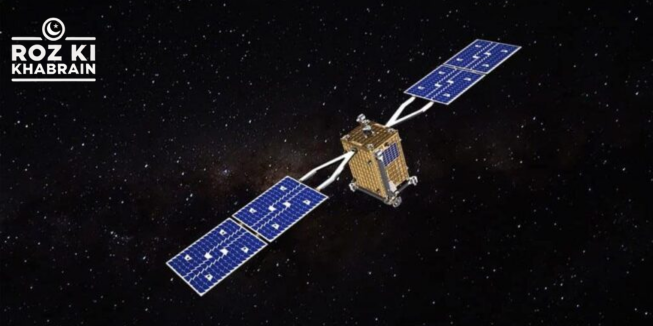Boeing’s Intelsat-33e communication satellite “exploded” and has been deemed un-operational, leading the company to classify it as a “total loss” on Monday while investigations into the incident continue.
The company is in the process of transferring users to other platforms, as the US Space Force monitored around 20 pieces of debris shortly after the explosion.
Boeing has not disclosed the total number of users affected by the satellite’s failure.
Additionally, debris from the satellite poses a risk to other nearby satellites, according to a representative from Spaceflux. “There is a lot of uncertainty regarding the orbits of these fragments at the moment. They could be potentially dangerous for other satellites, but we do not have conclusive information yet,” the spokesperson stated.
The satellite had been operational for only seven years, whereas similar satellites typically have a lifespan of 15 to 20 years, according to Space.com.
Launched on August 24, 2016, aboard an Arianespace Ariane 5, the satellite began operations in January 2017.
Before its loss, Intelsat-33e experienced issues with its propulsion system, which reduced its expected operational life from 15 years to 12.5 years since 2017, according to SpaceNews.
Its predecessor, Intelsat-29e, also failed after just three years of operation, with the company later suggesting that the failure may have been due to a wiring issue amid heightened solar activity and radiation, or a collision with a micrometeoroid.
The failure of Boeing’s Intelsat-33e follows the issues faced by their Starliner spacecraft, which launched for an eight-day mission with astronauts Sunita Williams and Barry E. Wilmore but is now scheduled to return in February 2025 after the docking of the SpaceX Crew-9 spacecraft.




